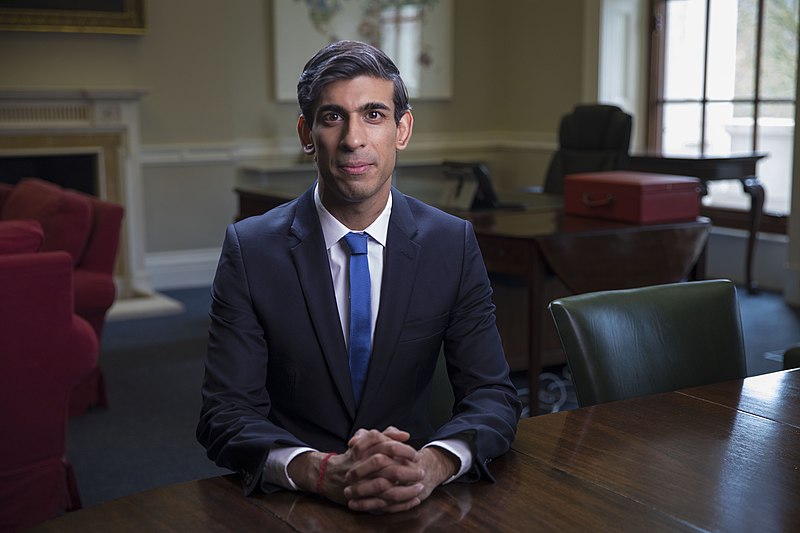
The United Kingdom has signed its largest post-Brexit trade deal with a number of rapidly growing economies in the Pacific rim. The Trans-Pacific Partnership (TPP), consisting of 11 economies
including Australia, Canada, Japan, Malaysia, Mexico, New Zealand, Peru, Singapore, Brunei, Vietnam, and now the UK, is expected to provide the UK with access to a market of 500 million people. This deal is anticipated to add £1.8 billion to the UK's annual GDP over time and will be a significant boost for exporters.
According to Chancellor Rishi Sunak, the agreement "demonstrates the real economic benefits of our post-Brexit freedoms" and places the UK "in a prime position in the global economy to seize opportunities for new jobs, growth, and innovation." The TPP, formerly known as the CPTPP, currently has a combined GDP of £9 trillion, which is projected to increase to £11 trillion when the UK formally joins next year, accounting for approximately 15% of the global economy.
Although full details of the agreement have yet to be published, it is expected to provide a substantial boost for exporters in sectors such as food, drink, and automobiles. Over 99% of UK goods exports to member states will now be eligible for zero tariffs, including products such as cheese, chocolate, machinery, cars, whisky, and gin. Tariffs on some imports will also be reduced, possibly lowering the prices of goods such as rice from Vietnam and bananas from Peru.
However, the reduction of tariffs on imports of palm oil has sparked controversy, despite concerns about the impact of the industry on the environment. The inclusion of Malaysia in the deal is seen as a significant achievement, as the UK currently has no trade agreement with the fast-growing economy, which imposes tariffs of up to 165% on imports of Scotch whisky.
Trade Secretary Kemi Badenoch, who has been working on the agreement for months, hailed it as an "important moment for the UK" that "sends a powerful signal that the UK is open for business and using our post-Brexit freedoms to reach out to new markets around the world and grow our economy." She added that joining the TPP would create jobs and opportunities for companies of all sizes and in all parts of the UK, providing British businesses with improved access to countries that would serve as a gateway to the wider Indo-Pacific region, which is predicted to account for the majority of global growth in the future.
Critics have warned that individual sectors must study the details of the agreement carefully. Farmers have expressed concern that if ministers open up the agriculture sector too quickly to major producers such as Canada, they could be severely affected. Trade unions have also cautioned against any agreement that would dilute workers' rights.
Despite these concerns, officials claim that ministers have resisted pressure to lower British standards and rights. Sources stated that a total ban on imports of hormone-treated beef would remain in place, despite Canada's pressure to lift it. Ministers have also refused to relax regulations on pesticide residues, which was another key concern for farmers and consumer groups.
The TPP's accession by the UK could rekindle US interest in the partnership, which was abandoned by former President Donald Trump in 2017. While some have compared the TPP to the EU, Whitehall sources claim that it is nothing like the EU since it does not have a court, a parliament, a budget, a civil service, or a flag, and is simply a good trade agreement. Photo by HM Treasury, Wikimedia commons.




































